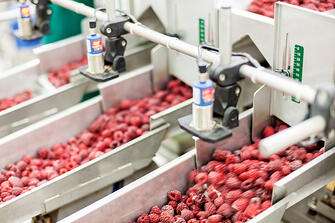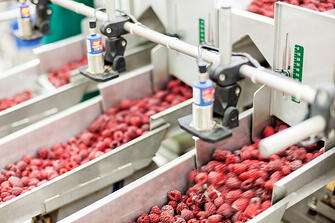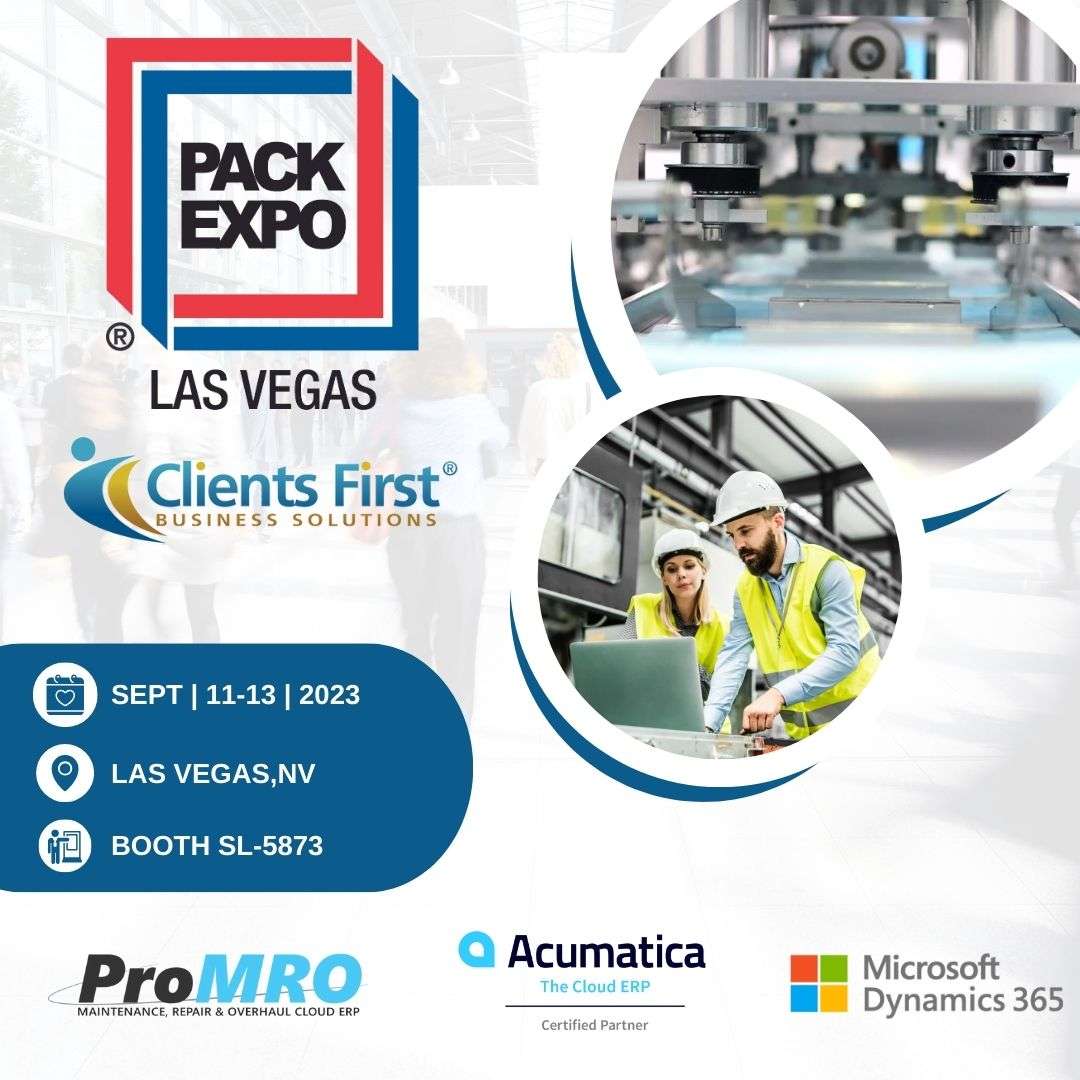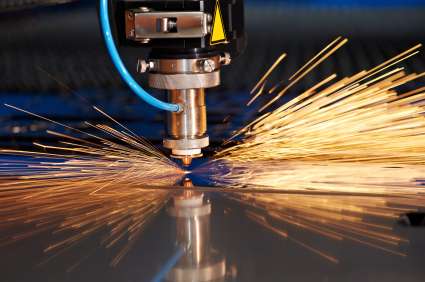
i) New Regulatory Compliance
Process manufacturers have to deal with various federal and international regulatory requirements. At home, there is the HACCP, cGMP as well as OSHA’s GHS requirements. Your old ERP may not be supporting new regulatory requirements.
If this is the case, it may be time for a new ERP. New systems come with more compliance requirements built in. Moreover, the systems have robust reporting capabilities that allow quick and easy preparation of data required to meet the requirements of different regulators.
ii) Inefficient and Time Consuming Processes
If employees are spending a lot of time entering data into different systems manually, they are not being productive. Systems that require manual data entry steal valuable time that would have been used for other constructive work. Moreover, manual entries not only waste time, but also increase the chances of inconsistencies and errors as the data is entered and/or transferred across different systems.
Go through your processes and evaluate the number of hours used for duplicate data entry tasks. Also, evaluate the hours used in doing other manual tasks that can be instantaneously and accurately handled by a food processing ERP.
Modern ERP systems carry out different tasks including office work, accounting, record keeping, inventory management, process scheduling, etc. that would traditionally take a lot of time when done manually. Using an ERP benefits the organization with time savings and data accuracy.
iii) Disjointed Business Systems
If your plant uses different systems for tracking orders, entering sales, accounting, reporting, and taking inventory, you need a new system. Disjointed systems lower productivity and can increase process approvals and production as departments operate in seclusion.
A lot of time is wasted when data has to be manually moved from one department to another for processing, reviews or approvals. Moreover, in large organizations, lack of standard processes when dealing with data can lead to different grade items at the end of production, which is not good for business.
A modern food processing ERP software can harmonize work between departments through integration, providing real-time and accurate information, and breaking logjams. The ERP can provide employees with real-time information on different processes, enabling them to be more knowledgeable and productive.
iv) Generic or Heavily Customized System
In the past, ERPs were mostly made generic with basic functionalities. Organizations that purchased the systems had to heavily customize them to get around problems or achieve various functionalities. There were no customized ERPs for specific industries and managers had to learn to work with what they had.
However, technology advances have rapidly changed the ERP industry. Today, there are a number of modern industry-specific ERPs that have more capabilities than the traditional systems. Today’s ERPs are made in line with the industries’ best practices, enabling communication with equipment to provide real-time status of different processes.
If your current ERP is still an accounting package or requires you to transfer data from one system to another for processing, start shopping for a new solution.
v) Poor or Lack of Information
Poor access to key performance indicators (KPIs) such as sales margins and ROI and critical business information is a strong indicator that you need a new ERP system. Insufficient business intelligence can lead to missed opportunities and stifle growth of the business.
If your ERP system does not provide critical data on customers or suppliers, perhaps because the information is maintained separately, then setbacks that can lead to poor customer experiences are likely to occur.
Modern ERPs can provide real-time business intelligence information to help reduce lost sales through identification of problematic stages on the sales cycle. Products can also be processed and delivered on time through streamlining of different process operations and ensuring they are completed within budget.






